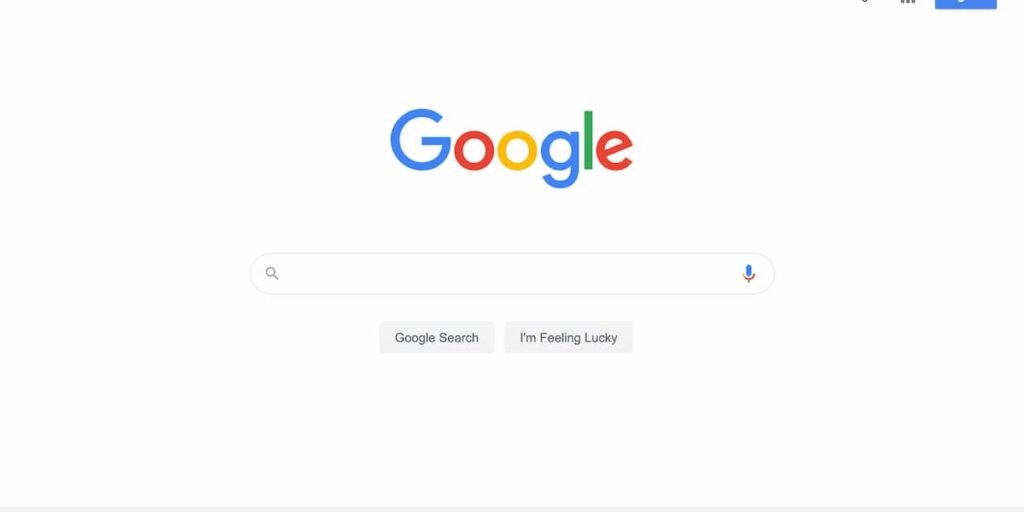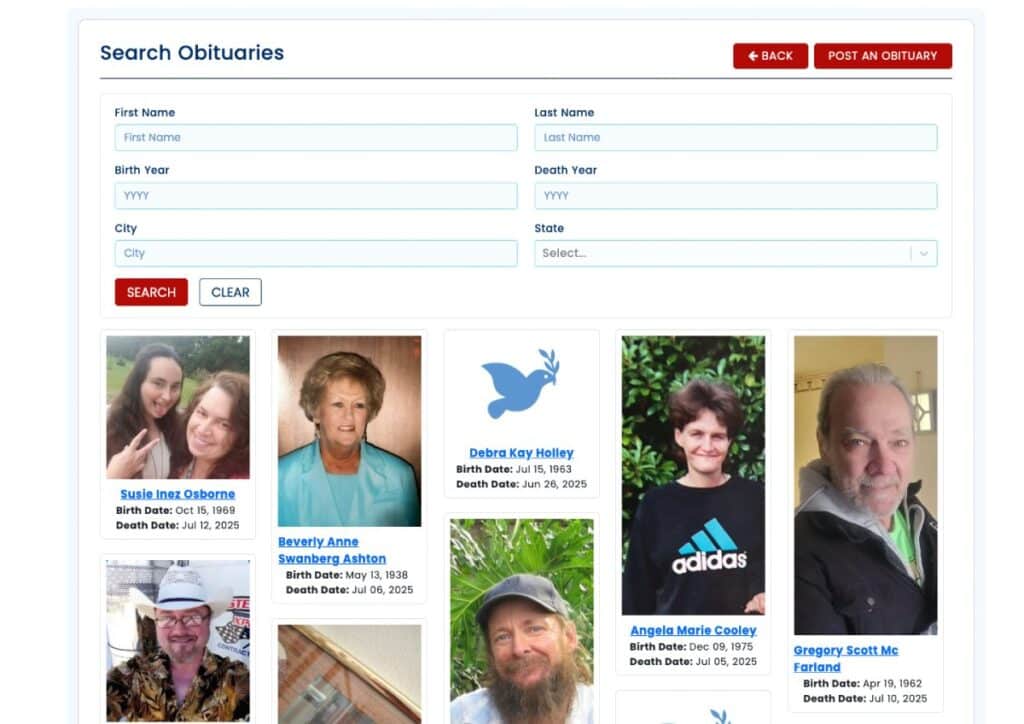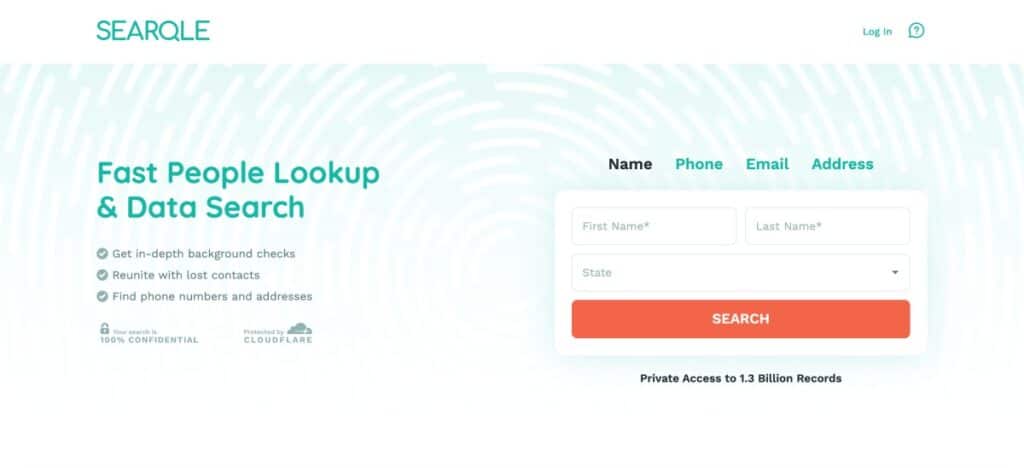How to Find Out If Someone Is Deceased for Free

Sometimes, people just slip out of your life—a friend who suddenly stops responding, an old coworker you lost touch with, or a distant relative who seems to have vanished. When that happens, you might start to wonder if they have passed away. But how to find out if someone died?
This guide will walk you through various methods to confirm this. We’ll review public databases and social media methods and recommend a tool that can help you find the answers you need.
Can You Check Death Records Online?
Yes, you absolutely can. But how easy or hard it is depends on how much information you have. If you know their full name, approximate age, and where they lived, you can check state or county death records through official websites.
Some states, such as California, Texas, and Florida, offer online indexes of death people searches by name.
Even if you only know a last name and a general date, you can try the Social Security Death Index (SSDI)—available through genealogy sites. Just know that public SSDI data is limited and may not include recent deaths.
In the US, registering individual births and deaths is a state responsibility, while the responsibility for compiling and publishing national vital statistics rests with the federal government, specifically the CDC. — Wikipedia
If all you have is a name, phone number, or email, a people-search tool like Searqle might be your best bet. Let’s go over the most useful methods.
How to Find Out If Someone Died?
There are several ways to check if someone has passed away—try each one by one, and you’ll likely get the closure you’re looking for.
Method#1. Try Searqle
The quickest and most reliable way to do a “deceased person’s search” is to use Searqle. It’s a people-search platform that pulls from over 1.3 billion public records, including death records, state reports, court filings, and more.
You only need one of the following to get started:
- Their full name
- A known phone number
- A registered email
- A last-known address
If their death has been officially reported or recorded by any public agency, Searqle is likely to surface that information.
In fact, you’ll receive a full report, whether the person is deceased or still alive, that includes their name, current or past addresses, contact details, employment history, court filings, and any applicable criminal or state-level records.
You may also find information on known relatives, which can help you confirm their identity or gather more context.
Lookup on Searqle takes just a few seconds, is affordable, and is far more convenient than digging through multiple websites or government databases manually.
While Searqle isn’t a free service, it offers an affordable three-day trial for less than $1.
Method#2. Search on Google

It may sound too simple, but it’s effective. Here’s how to find out if someone is deceased for free on Google:
- Go to google.com.
- Type in the person’s full name + “obituary” or “death notice” or last known city/state.
For example: Jane P. Danis’ obituary in Atlanta.
If a death announcement or obituary exists online, there’s a good chance it’ll pop up. You can also try adding the year for better accuracy. This method isn’t guaranteed, but it’s quick and free, and occasionally that’s all you need.
Method#3. Look Through Local Newspaper Websites

Obituaries are often published in local newspapers, many of which keep searchable archives online. Go to the local newspaper’s website and check their “Obituaries” or “In Memoriam” section. Some sites let you filter by name and date range.
While you may not find everyone this way, especially if the family kept things private, it’s worth checking, particularly in smaller towns or rural communities.
Method#4. Ask Family Members and Friends
You might be wondering how to find out if someone died if no obituary is available. Well, the next best step is to ask someone who knew them, perhaps a mutual friend, cousin, or neighbor.
These conversations can feel uncomfortable, but people are usually understanding if your intention is sincere.
They may not only confirm whether the person passed away but also share what happened, which can offer emotional closure you can’t get from a database.
Method#5. Search Social Media
Platforms like Facebook, Instagram, or even LinkedIn can offer subtle clues. Here’s how to check if someone has passed away on Facebook, for example:
- Go to the search bar and type their name.
- Filter by “People” or “Posts”
You might see memorial messages, condolences, or photos posted by friends or relatives. If they had a public profile, you might also notice a sudden drop in activity or friends posting on their walls with messages of remembrance.
Method#6. Free Obituary Databases

Several free online obituary databases compile death notices from newspapers and funeral homes. Try platforms like the following:
- Legacy.com (one of the largest obituary databases)
- ObituariesHelp.org
- Tributes.com
- Local library websites (some digitize old obituaries)
Some of these platforms allow a death search by name to retrieve publicly shared obituaries, often including additional details such as funeral service information, photos, and the names of surviving relatives. If there were a public memorial, it would likely be listed here.
Method#7. Search Public Records
You can also access official public records through state and county websites. Start by visiting the Department of Health or Vital Records Office in the state where the person lived. Many states offer online death certificate indexes.
For example, California has its records on the California Department of Public Health, while New York uses health.ny.gov. These records may confirm death status, and in some cases, you can also request a free digital or physical copy.
Another valuable tool is the Social Security Death Index (SSDI) available through:
- FamilySearch.com
- NTiS Death Master File (Limited access)
It’s a national database containing information on individuals whose deaths were reported to the U.S. Social Security Administration, dating back to 1936.
These two methods are the official sources if you’re wondering how to find out if someone is deceased for free in the USA. However, since 2014, public information on deaths over the last 10 years has been limited and subject to subscription due to security concerns.
You can also visit or call the local county courthouse where the person lived. Ask for the probate or civil records office, as they often maintain official death notices, probate filings, or related public documents.
Method#8. Call the Local Police Station
If the person is vulnerable or there are safety concerns, you can contact their local police station. Be clear and respectful, and explain your relationship and the reason for your call.
While police can’t always share personal details, they might confirm if something happened or point you to the right agency, such as the coroner’s office or public records department.
How to Find Out Where Someone Is Buried
Finding burial details can take more digging, but these tips help:
- Death certificates frequently list burial details. Request one from the vital records office where the person died.
- Online burial databases, such as Find a Grave or BillionGraves, allow you to search by name. In the UK, Deceased Online provides official burial and cremation records.
- If you know the person’s residence, call nearby cemeteries and ask for records.
- If you know which funeral home handled arrangements, they may share burial details.
Conclusion
The quickest answer to how to find out how someone died for free online is Searqle—it searches billions of records in seconds and often gives you what you need right away. If that doesn’t turn up results, try free obituary databases, social media platforms, or official public records.
And if you’re still coming up short, consider visiting the local courthouse or vital records office in person. To find out where someone is buried, check the death certificate or use online cemetery databases.



